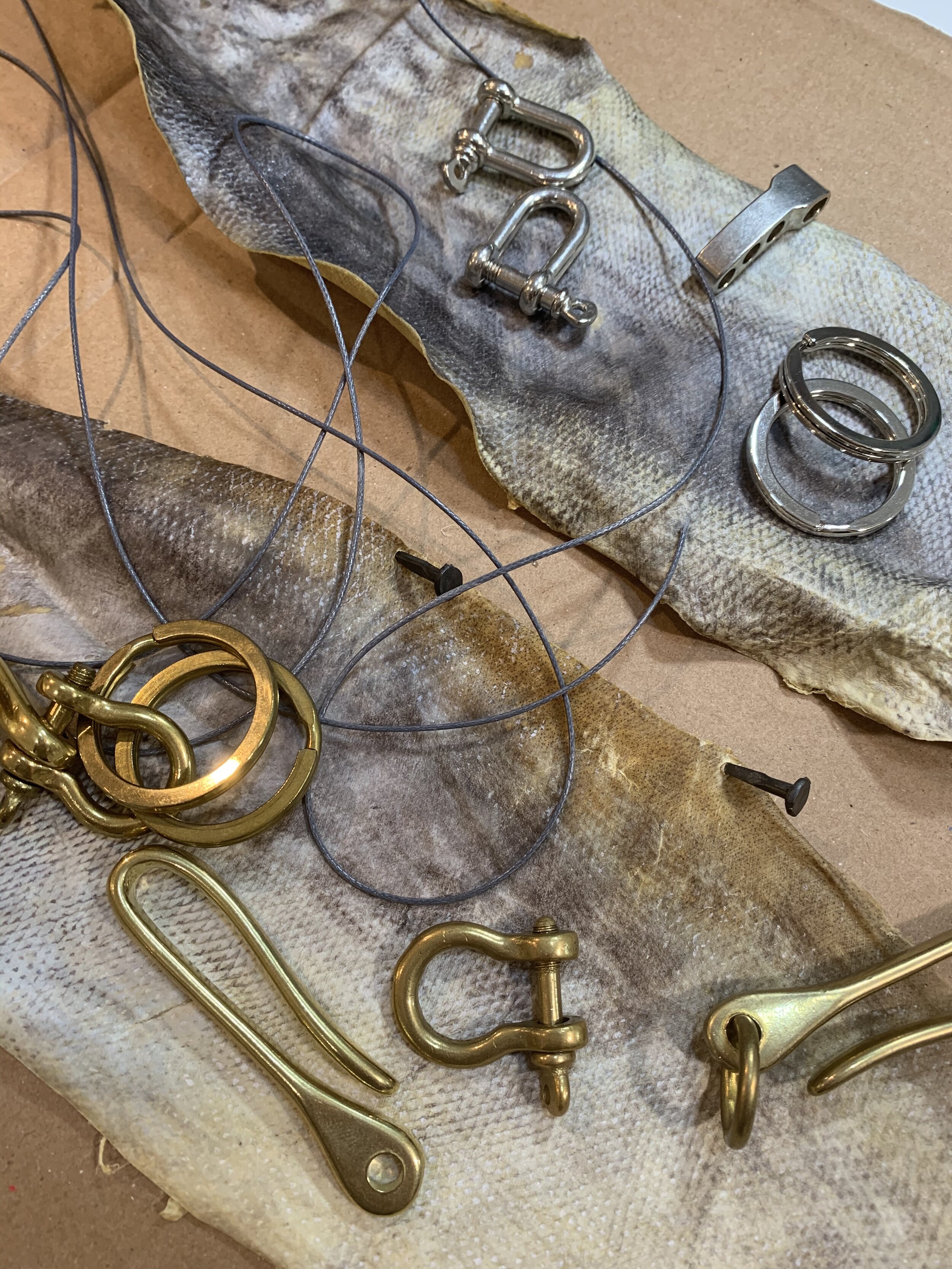The Fishful Thinking Blog

Fish Out of Water: From Indoor Enthusiast to Scouting for Seafood
My relationship with fish has always been… complicated. As a child, I didn’t really care for the taste of fish, nor was I big on the act of fishing itself, despite growing up in a family that fished. I have fond memories of camping every summer with family and friends at Pinecrest Lake in the Sierra Nevada mountains, which would inevitably include outdoorsy activities - hikes around the lake, nightly campfires, and yes, fishing.

Finding Our Sea Legs: A Family's Journey to Local San Diego Seafood
The market tour was eye-opening. I discovered how to spot fresh fish (clear, not frosted eyes and vibrant red gills) and learned basic preparation techniques for different species. Though cleaning whole fish still intimidates me, knowing they offer cleaning services on-site made it less overwhelming.

Seafood Dishes That Define My Filipino-American Identity
I wanted to share this place with my grandma, who often brought me to “pick out a good fish” from the Asian markets growing up. Although, it did take a little convincing since she had to come all the way from Oceanside. We happened to attend during Spiny Lobsterfest and go to try Fil-Am chef Marcus’ take on lobster ginataang.

Reducing seafood waste by repurposing bones, teeth, and skin into designer jewelry & accessories
I wanted to be part of the solution, not part of the problem. I knew instinctively that, by being innovative and creative, I could design around an upcycled material that would alleviate waste instead of contributing to it.

Fish Oil: Who is it for?
We’ve all heard that fish oil is good for us. But what exactly is in fish oil?
Fish oil is a natural source of the omega-3 fatty acids DHA and EPA, both of which have been studied extensively for a variety of possible human health benefits, notably in relation to cardiovascular health.

Western Atlantic Bluefin Tuna: From Tags up to Tail Cuts
The U.S. eastern seaboard is home to the largest tuna of them all - the Atlantic bluefin. This species has a fascinating history - first ignored, then obsessed over, and now coming closer to a sustainable balance between fishing and conservation. I came to know this species both through my scientific work at the LPRC, and through seafood, by taking home the tail cuts of these giant fish for dinner.

Changing Attitudes Towards Fish For Our Pets
Pet food preparation at home is on the rise in response to growing concerns about transparency and quality of processed pet food.
The number one priority of “pet parents” is the health of their pets, and we know there is a growing community of pet owners who are looking for alternatives to dry or canned pet food.

Making the Case for Fish Mince
What is fish mince? It is essentially ground up fish, created after the fish has been filleted with the help of a meat grinder or a fish separator. Making fish mince is a way for a greater portion of fish flesh to be utilized that otherwise would have gone to waste after processing.

The Importance of Leather: How Fish Skin Leather Can Help Reduce Waste in a Seafood System
Leather is ubiquitous. It is a natural and durable material, among other things. Leather can also be made from virtually any animal, including fish. However, fish skin leather currently only accounts for <1% of global leather sales!
